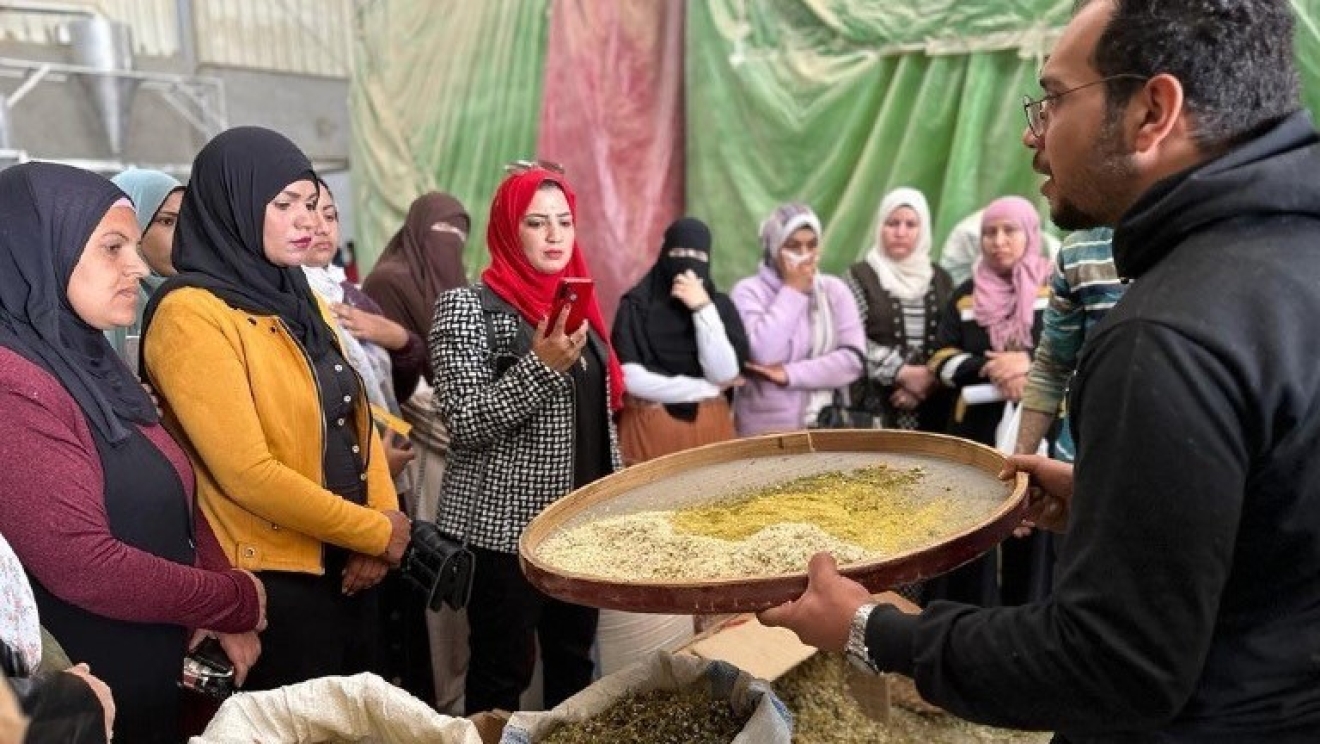
Water Conservation: 7 Simple Ways to Save Water at Home and in Your Business
Water is one of our most precious resources, yet it is often wasted without thought. ...

The United Nations-run Rabeha program, supported 300 rural women in the governorates of Beni Suef, Fayoum, and Minya, between August 2022 and June 2023.
Rabeha (meaning “winner” in Arabic) is a joint program implemented by the United Nations Industrial Development Organization (UNIDO) and UN Women, in partnership with the National Council for Women, the Ministry of Trade and Industry and the Medium, Small and Micro Enterprises Development Agency, with the generous support of Global Affairs Canada.
Rabeha program aims to support the economic empowerment of more than 6,300 women in 7 governorates through increased access to employment and self-employment opportunities. The programme is implemented by UNIDO and UN Women in partnership with the National Council for Women (NCW), the Ministry of Trade and Industry (MoTI) and the Medium, Small and Micro Enterprises Development Agency (MSMEDA), with the generous support of Global Affairs Canada (GAC).
The program provided technical and soft skills training covering crucial areas such as communication skills, professional ethics, food safety, and effective drying treatments for medicinal and aromatic plants. As a result, these women developed the necessary knowledge and skills to find employment.
Rural women play an active role in collecting, cultivating, and processing medicinal and aromatic plants. This growing sector, deeply rooted in Egypt’s ancient history and traditional healing practices, presents opportunities for inclusive and sustainable economic growth.
Rabeha has fostered fair employment practices and strengthened the sustainability of supply chains by directly engaging with the private sector. After understanding the recruitment needs of local employers, the UNIDO team only supported job matching with companies that met specific criteria including a commitment to gender standards and fair working conditions. For example, Al Sa’eed exemplified this commitment by agreeing to pay minimum wages and adopting fair working hours. The company has also taken additional measures, such as arranging a bus to transport the women from their village to and from work, prioritizing their safety and wellbeing.
Among the 121 women trained in Beni Suef, 70 have found employment (a 60% employment rate). Al Sa’eed and Al Estethmareya, two firms that process herbs and spices including cumin, anise, and marjoram, have been key employers.
The new income has empowered the women, boosting their confidence and financial independence.
اترك تعليقا